Vladimir Putin's fifth presidential inauguration marks not only a continuation of his leadership in Russia but also a reaffirmation of his stature as a symbol of confidence for the anti-Western world. With a resounding victory in the March election, Putin's swearing-in ceremony on Tuesday solidified his control over Russia and reinforced his position in global geopolitics.
Taking the oath for another six years, Putin declared unity and resilience in the face of challenges, emphasizing Russia's greatness and determination to overcome obstacles. His leadership, spanning over two decades, has transformed Russia politically and economically, making it self-reliant and stable despite external pressures.
Putin's presidency has seen Russia confront conflicts, including the ongoing military operation in Ukraine, aimed at safeguarding Russian interests and countering Western influence. Despite facing losses and sanctions, Putin remains steadfast in his objectives, garnering support from Russian citizens and maintaining dominance on the world stage.
Having ruled Russia longer than any leader since Catherine the Great, Putin's influence surpasses that of many Western counterparts. His leadership style, often characterized as Putinism, has reshaped Russian politics and society, leaving a lasting impact on the nation's trajectory.
While open to dialogue with Western states, Putin's willingness is tempered by perceived arrogance from the US and its allies, hindering prospects for strategic stability. As Putin embarks on his fifth term, his leadership continues to shape Russia's role in global affairs, with implications reaching far beyond its borders.



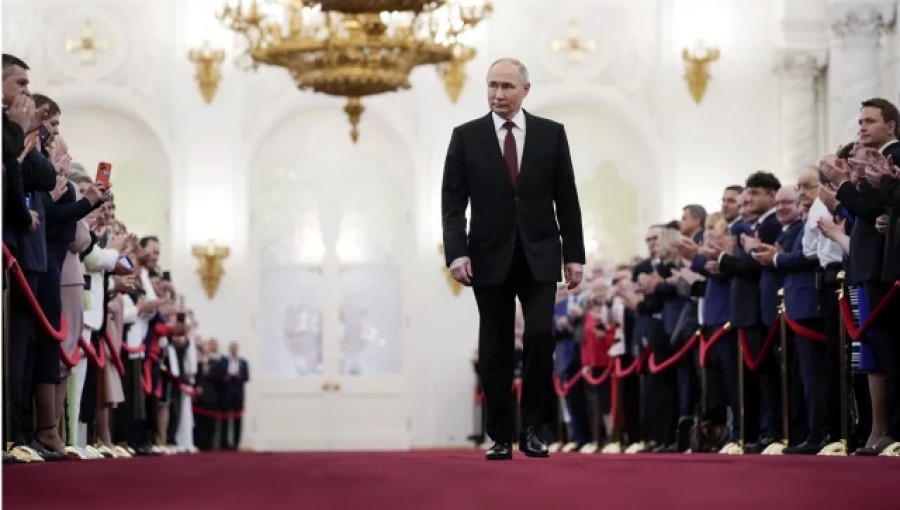


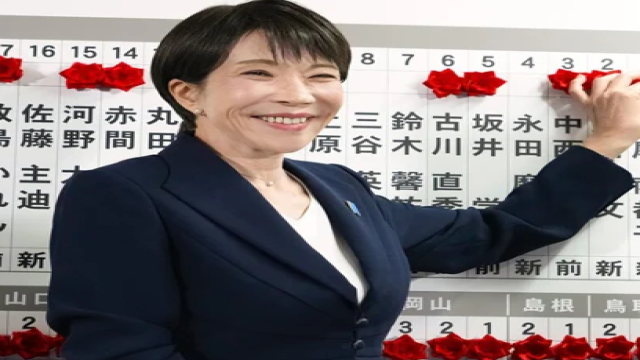

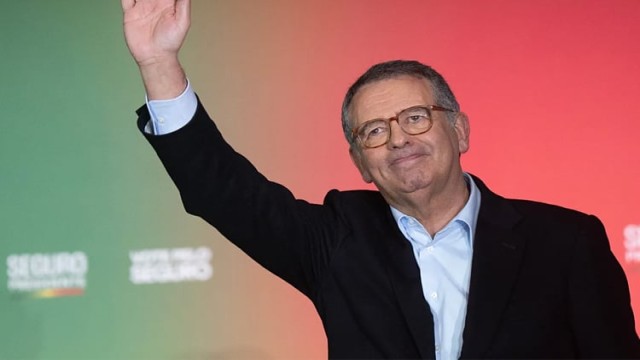
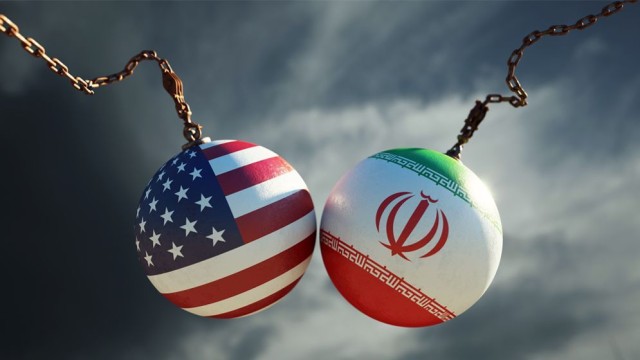





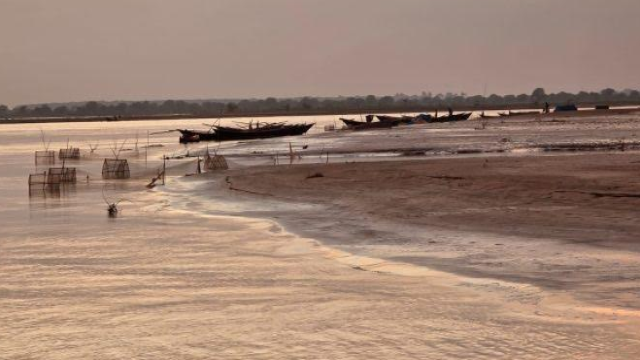
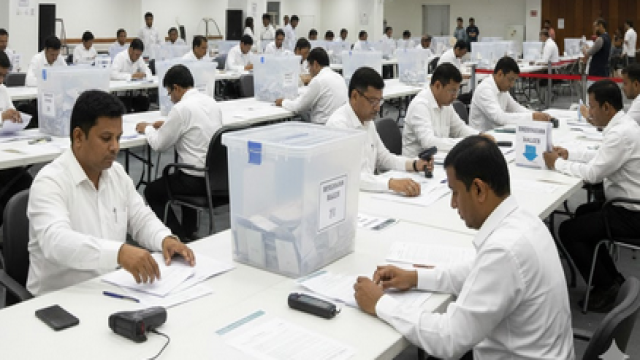
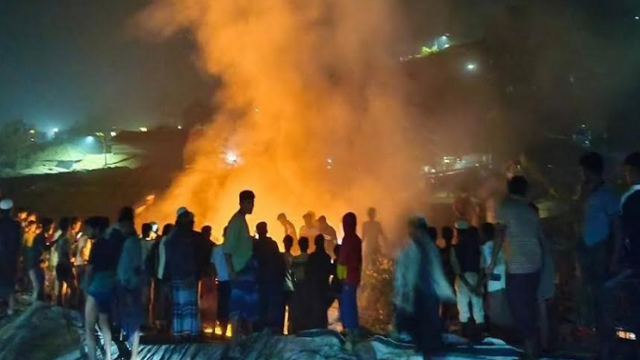
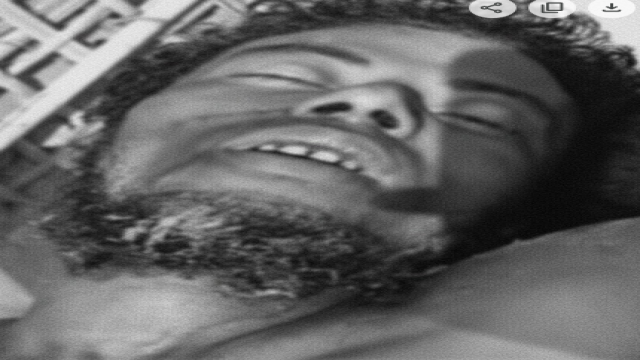
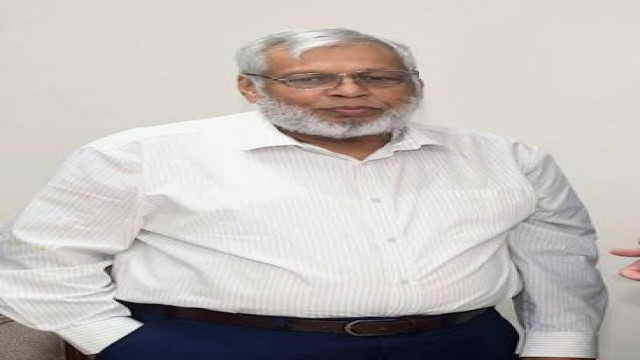











Comment: